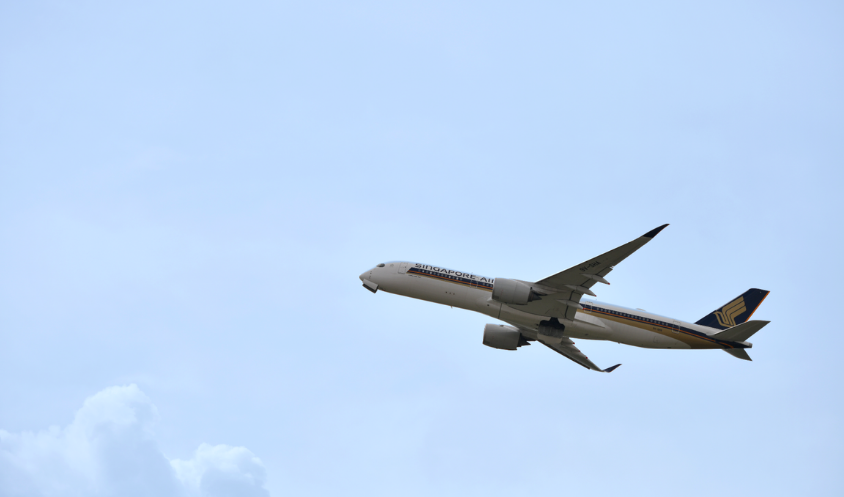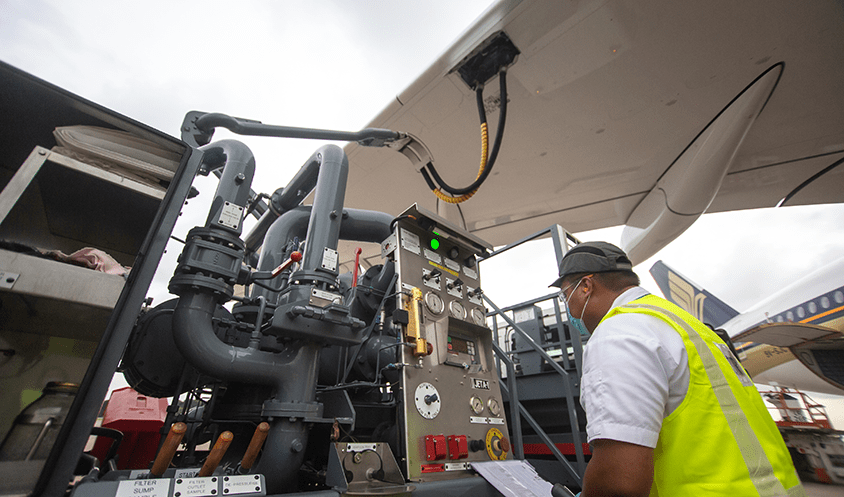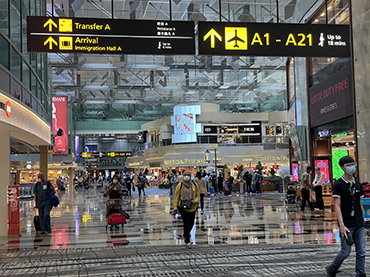
Sustainability will be a key priority of the aviation sector.
In 2024, CAAS published the Sustainable Aviation Air Hub Blueprint, which sets out Singapore’s action plan for the decarbonisation of the aviation sector. We will continue to work with our industry stakeholders to reduce our carbon footprint, while ensuring our air hub remains competitive.
International Emissions
In tackling international carbon emissions, Singapore’s efforts are aligned to ICAO’s Long Term Global Aspirational Goal (LTAG) for international aviation to reach net zero carbon emissions by 2050, and we are focusing on the following initiatives:
- Participating in ICAO’s Carbon Offsetting and Reduction Scheme for International Aviation (CORSIA).
- Sustainable Aviation Fuels (SAFs). SAFs are produced from lower-carbon sources such as waste oil, and can reduce carbon emissions by up to 80% compared to conventional jet fuel. From 2026, all flights from Singapore will be required to use SAF, starting with a one per cent target.
- Improving Air Traffic Management (ATM) by investing in advanced Air Navigation Services systems, and new concepts of managing air traffic to optimise flight operations. Collaborating with regional partners to achieve greater seamlessness in ATM, thereby reducing fuel burn.
Domestic Emissions
Singapore is actively taking the following initiatives to tackle Changi’s domestic aviation emissions:
- Energy-efficient operations: Changi Airport is upgrading its lighting and chilling systems to enhance energy efficiency of airport operations.
- Solar: Changi Airport will be stepping up its solar deployment on terminal buildings, and will study the viability of doing so on the airfield.
- Electric vehicles: We are also studying the infrastructural needs to support further deployment of electric vehicles in the Changi Airport airside. We are targeting for all airside vehicles to run on cleaner energy by 2040. To drive this transition, all new airside light vehicles (such as cars, vans and minibuses), forklifts, and tractors at Changi Airport will be electric from 2025. We will also enhance the charging infrastructure at the airside, in tandem with the needs of airport partners as they electrify their airside fleet. We will commence trials on the use of renewable diesel, especially for specialised airport ground handling vehicles where there are no viable electric models.
Resources
Loading...

